Solution Focused Approach - Good Practice Guidance
What is a Solutions Focused Approach?
The main principles of the approach are to support people (including children, young people and families) in making a shift from being problem -focused to being solution-focused and highlights the strengths each individual already has and can draw upon. Solution focused approaches uphold the following core principles which we utilise in our work with children, young people and their families:
- We don't need to fully understand the problem before we can find a solution; in fact, we do not explore the problem or past difficulties to any significant degree, we call this 'problem free talk
- Everyone has the strengths and resources to help themselves. Through solution focused approaches we identify these to the individuals we work with;
- There will already be something (a solution) that is working;
- Change can happen in very small steps and we look for an highlight to these steps no matter how small;
- No matter how bad the problem is, it doesn't happen all the time and once again we look for these better times and highlight them to those we work with;
- We can't change the past so we should focus on the future;
- Having a clear idea where you want to be make it more likely that you will get there.
What is the evidence of its effectiveness?
Several studies have found good outcomes following use of the approach in therapeutic settings. There is more research being undertaken in schools and other settings. Research indicates that only a small number of sessions are required (4-6). Indeed, solution focused approaches uphold that whatever time you have, no matter how short, can be used to support the individuals we work with. Previous outcomes highlighted in research include: Brief Research. This has shown there to be successful outcomes in 65% - 83% of cases using solution focused therapy. Which include a reduction in reoffending rates, measures of depression and increased scores on measures of parenting skills. Solution focused approaches have been used in schools to support young people experiencing difficulties with anxiety, friendships, social, reading, and behavioural difficulties.
Implementation of Solution Focused Approach?
Once the main principles of the approach are understood it can be applied in a number of ways and a wide variety of situations. There are several different situations that the approach can be used. This includes organisational, group and individual level as well as pupils, parents and staff. The implementation of Solution Focused approach can also be utilised within meetings, classrooms and assemblies. A further breakdown on the solution focused practice can be as follows
- Whole school approaches to support staff and pupils in developing high standards of teaching and learning
- Individual work with children and young people - focus on coaching young people with the emphasis on being more solution focused
- Group or class work - finding out what is working and what change would look like
- Meetings with colleagues, parents and families, children and young people
- Training and large group meeting to gain positive outcomes
- Supervision and personal reflection
- Organisation reviews
- Use of video feedback (Video Interactive Guidance)
The solution focused approach sounds simple but requires training and practice to implement. Teachers can become solution focused with practice and begin to notice much more positive behaviours to build upon. This supports quality teaching and relationships with children, young people and families that can support positive change.
How can we find out more?
- Hillingdon's Educational Psychology Service educationalpsychologyservice@hillingdon.gov.uk
- Improving Behaviour in Schools | EEF (educationendowmentfoundation.org.uk)
Published by Hillingdon Council - October 2020




